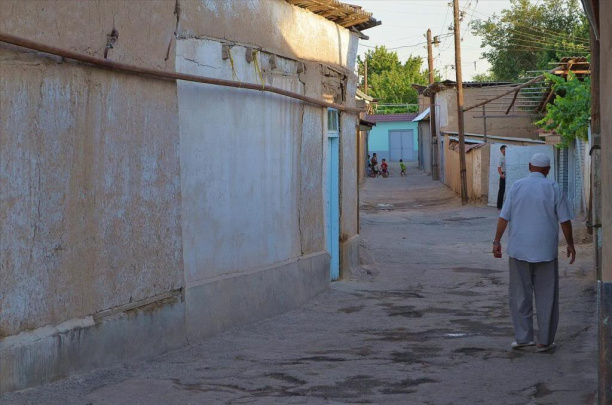The World Bank predicts that the growth of the national economy in 2022 and 2023 will be 5.6% and 5.8%, respectively.
According to the latest edition of the report, after a strong recovery in 2021, the global economy is entering a period of clear slowdown against the backdrop of new threats of the spread of new strains of COVID-19, as well as rising inflation, debt and income inequality, which could jeopardize the recovery in emerging market and developing countries. As pent-up consumer demand is met and fiscal support programs around the world are phased out, global economic growth is expected to slow down significantly – from 5.5% in 2021 to 4.1% in 2022 and 3.2% in 2023.
Europe and Central Asia (ECA) output is estimated to have grown by 5.8% in 2021, signaling a faster-than-expected recovery in domestic demand for much of this year. Strengthening economic activity in the euro area and rising commodity prices helped boost exports and remittances, further supporting the region’s recovery. Incoming data showed stronger momentum and contributed to upward revisions in economic growth estimates for 2021 in about 90% of ECA countries.
However, recently released data published at higher intervals indicate that the impact of the current wave of the pandemic will be negative, including through tightening restrictions on movement within countries and a ban on international travel. The number of new export orders declined, indicating weaker external demand and supply bottlenecks. Consumer confidence is declining as COVID-19 cases rise, inflation rises and political uncertainty increases. Central banks in many countries in the region are rapidly phasing out monetary easing, prompted by a price surge that has sent inflation above target in nearly all of the region’s inflation-targeting countries. Economic growth in ECA is projected to slow to 3% in 2022, almost half of what it was in 2021, as macroeconomic tightening and recurring outbreaks of COVID-19, including its omicron strain, will have a negative impact on demand. Against the backdrop of further scaling back of fiscal support, economic growth is projected to slow further in the region in 2023, reaching 2.9%.
The stimulus from external demand is expected to fade in 2023 as economic growth slows globally and in the euro area and commodity prices fall. GDP per capita is projected to be about 1.5% below its pre-pandemic trend in 2023, and the pace of closing the per capita income gap between ECA and advanced economies in 2021-2023 is expected to be substantially slower than in the decade before the pandemic.






